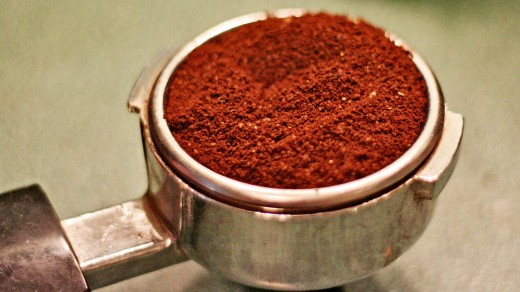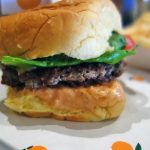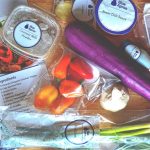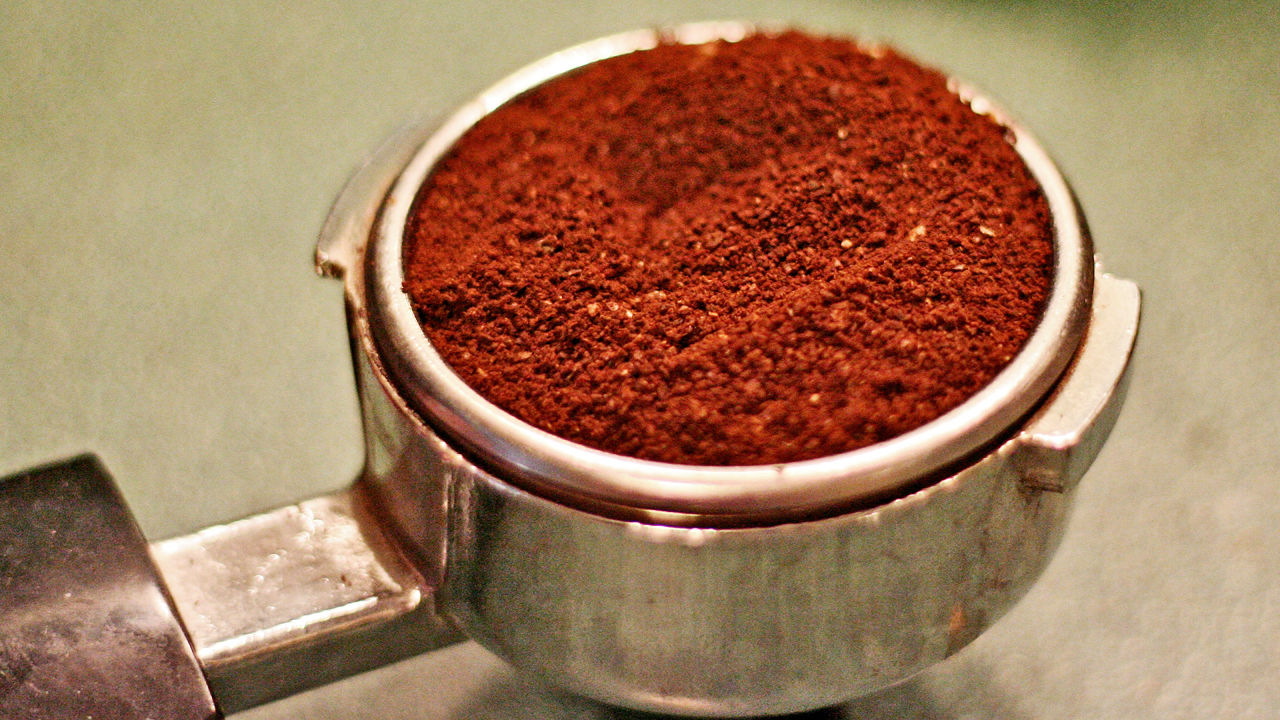Scientists May Soon Make Delicious Decaf Coffee, Thanks To Sequenced Genome
Coffee is the wind in the sails of the modern economy. And now for the first time, a team of scientists have sequenced the genome of the coffee plant, specifically Cofffea arabica, in an attempt to discern what gives the beans their buzz.
Another Cup, Please
The genome they sequenced in this case is bit different from the robusta beans used to make espresso. Arabica, which was chosen because it’s a little easier to to work with, is mostly used in instant coffee brands. Think: Nescafe, Folgers, and the like, not the trendy (and arguably more delicious) stuff used to brew third-wave coffee like Blue Bottle. In all, researchers identified more than 25,000 protein-making genes, reports Nature, that should shed light on why coffee gives you more buzz than, say, tea:
When the team looked for gene families that distinguish coffee from other plants, those that make caffeine topped the list. The genes encode methyltransferase enzymes, which transform a xanthosine molecule into caffeine by adding methyl chemical groups in three steps. Tea and cacao, meanwhile, make caffeine using different methyltransferases from those the team identified in robusta. This suggests that the ability to make caffeine evolved at least twice, in the ancestor of coffee plants and in a common ancestor of tea and cacao, [lead researcher Victor Albert] says.
We know caffeine is addictive, and that the plant may have evolved to keep pollinators like birds and insects coming back for more. Just like you do.
But sequencing the genome could help researchers bolster coffee’s immunity against disease, or maybe even help the plant cope with climate change.
The research could also lead to decaf coffee that doesn’t taste like you’re licking a battery. Currently, beans are decaffeinated via chemical processes that affect flavor. Now that scientists have identified which genes produce caffeine, they may be able to deactivate them selectively, preserving more of the traditional coffee taste.
(182)














